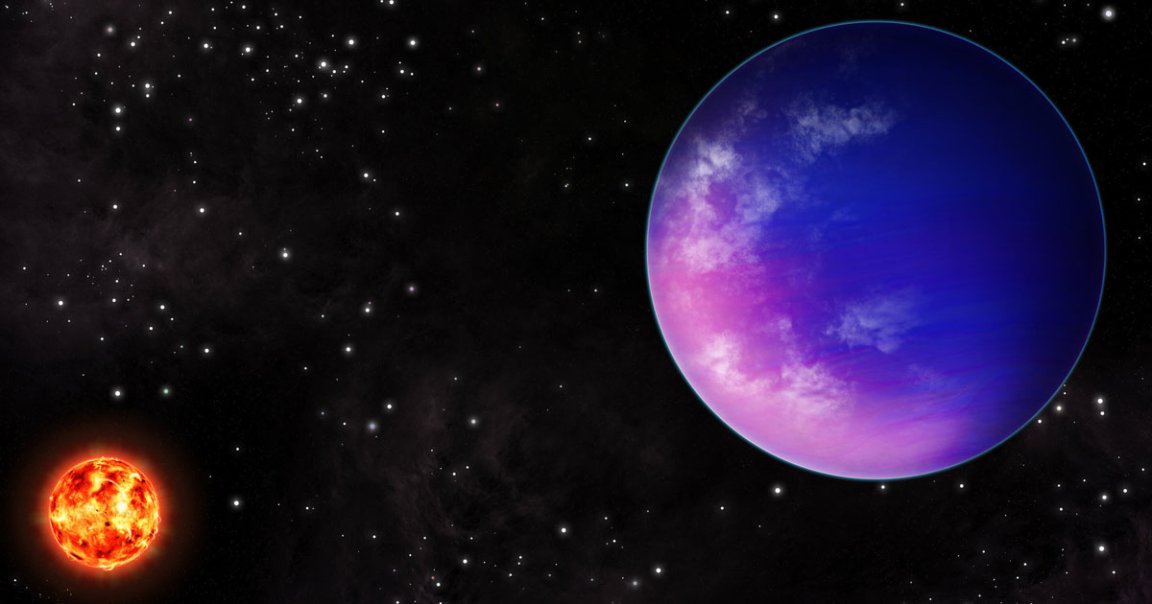
My Density
Astronomers have observed an unusual exoplanet, some 150 light-years from Earth, that’s far more dense for its size and age than thought possible. The discovery could force scientists to rethink how planets are formed.
The planet, dubbed K2-25b, orbits a young M dwarf star — the most common type of star in our galaxy — in the Hyades cluster, better known as the Taurus constellation. The planet orbits its star in just 3.5 Earth days.
And yet, scientists say, the planet packs 25 times the mass of Earth into a package smaller than Neptune, which has a diameter only about four times that of Earth. In other words, it’s really, really dense.
Chungus Planet
Conventional theories suggest that giant planets first form an ice-rock core of five to ten Earth masses, before shrouding themselves in a thick layer of gas, hundreds of times the mass of Earth, like Jupiter.
But K2-25b breaks this mold. “K2-25b is unusual,” Gudmundur Stefansson, a postdoctoral fellow at Princeton University, and lead author of the paper, which was recently accepted into The Astronomical Journal, said in a statement. “The planet is dense for its size and age, in contrast to other young, sub-Neptune-sized planets that orbit close to their host star.”
“K2-25b, with the measurements in hand, seems to have a dense core, either rocky or water-rich, with a thin envelope,” he added.
Fair Diffuse
The discovery was made using highly sensitive telescopes that used an “Engineered Diffuser” — a $500 piece of equipment anybody can buy. This diffuser allows light from faraway stars to be spread over more pixels, giving observations more detail and precision.
In other words, thanks to the diffuser, smaller diameter telescopes can be used to make far more precise measurements of stars that otherwise would’ve required much larger telescopes.
READ MORE: Surprisingly dense exoplanet challenges planet formation theories [Association of Universities for Research in Astronomy]
More on dense stars: Star Blasts Own Planets Into Shattered Corpses, Devours Remains